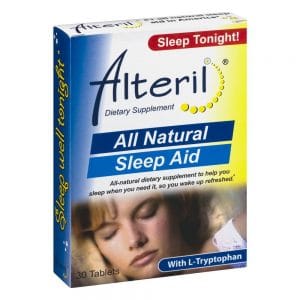
Insomnia should be distinguished from sleep disturbance. Other intrinsic factors include alterations in the internal circadian clock and primary sleep disorders, such as narcolepsy, parasomnias (eg, nightmares, night terrors, sleepwalking, confusion upon arousal), and sleep-disordered breathing/sleep apnea. Intrinsic factors include medical conditions and associated symptoms, such as pain, as well as medications used to manage these conditions. In hospital and institutional settings, nursing care activities throughout the night can disrupt sleep. Extrinsic factors include a decrease in periodic environmental stimuli (eg, exposure to sunlight), inactivity, and ambient factors, such as excessive noise and light during the sleep period, as well as self-imposed sleep restriction. Sleep is a biological imperative, but the optimal amount of sleep varies by age group, ranging from more than 15 hours per day for infants to between seven and eight hours for older adults.2 Sleep can be disturbed for a variety of reasons, including extrinsic and intrinsic factors. Safe and effective use of OTC sleep aids requires some care and should be informed by a proper understanding of sleep in old age, appreciation of the risks and benefits of medication use to treat sleep problems, and appropriate assessment by health care professionals.1 These OTC sleep aids may also increase the risk of anticholinergic adverse events, such as blurred vision, constipation, dry mouth, urinary retention, and increased intraocular pressure. Also, their safety and efficacy have not been well established in general, and not in older adults specifically.Ĭurrently available OTC sleep aids containing diphenhydramine or doxylamine may not be appropriate for older adults because of a number of "next day" effects, such as daytime sedation and compromised cognitive function, which may lead to falls and car crashes.

However, these products are indicated only for occasional difficulty with sleep and not for chronic use. Many older adults and their caregivers turn to over-the-counter (OTC) sleep aids.

Getting a good night's sleep can be challenging for older adults with chronic medical conditions or pain, which often interfere with sleep. Providers must carefully assess patients, their specific complaints, and the risks and benefits related to possible remedies. Significant numbers of older adults report difficulties with sleep. Albert, PhD, MS Thomas Roth, PhD Michael Vitiello, PhD Michael Toscani, PharmD and Phyllis Zee, MD, PhD


 0 kommentar(er)
0 kommentar(er)
